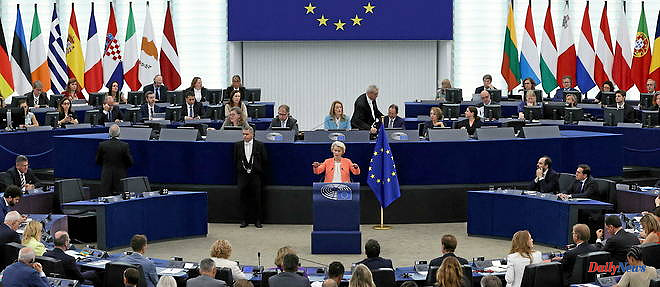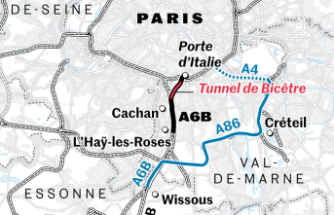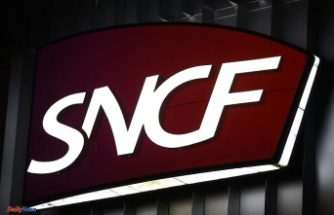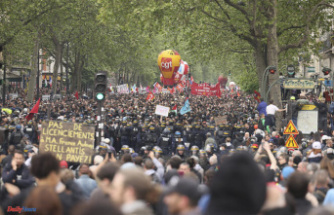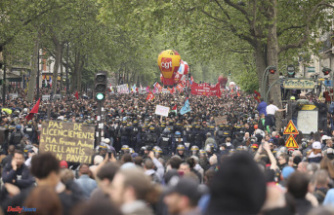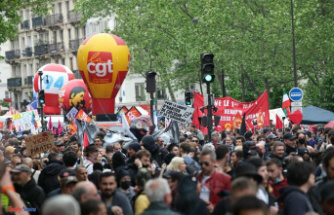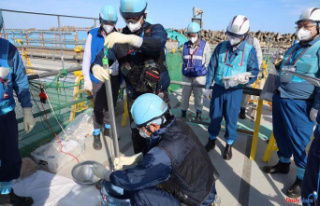It is a strategy that harkens back to the recent past and the conquest of global markets for electronics, telephony and household appliances, among others. This time, it is the automobile that has become China's economic arm, a sector deliberately chosen as the next battle to win. A not insignificant choice when it comes to rolling out existing builders to ravage a major economy for the West.
Loans at favorable rates, tax exemptions, components at knockdown prices: the European Commission detailed on Wednesday the first evidence it claims to have of illegal public aid granted by Beijing to Chinese manufacturers of electric cars, at the origin of an investigation anti-subsidy.
"The Commission is in possession of sufficient evidence tending to show the existence of subsidies, a threat of injury and a causal link required for the initiation of an investigation", states the notice. opening of the procedure published in the Official Journal of the European Union. The document specifies that this investigation results from the “own initiative” of the Commission which acts “without having received a written complaint lodged by the European automobile industry”.
The practices identified may take the form of “direct transfers of funds”, “abandoned public revenue” or even “provision by public authorities of goods or services” at preferential rates, explains the notice published Wednesday. In particular, the Commission claims to have “found evidence of the granting of loans, export credits and lines of credit provided by public banks”.
The list of aid from which Chinese manufacturers would have benefited, to the detriment of their European competitors, also includes “the provision of preferential export insurance, reductions and exemptions from income tax, tax exemption for dividends , import and export tax rebates, VAT exemptions and rebates, as well as the supply of goods (such as raw materials, inputs, as well as components) and services by public authorities for less than adequate remuneration.”
The President of the Commission, Ursula von der Leyen, announced the opening of this investigation during a speech to the European Parliament in Strasbourg on September 13, justifying it by the need to defend European industry.
“Global markets are now flooded with cheap Chinese electric cars, the price of which is kept artificially low by massive government subsidies,” she said.
Unsurprisingly, Beijing for its part denounced a “protectionist” measure which will have “a negative impact on economic relations” between the two blocs. The investigation, which must make it possible to gather all the necessary evidence, must be completed within a maximum period of thirteen months, specifies the notice of opening of the procedure. At the end of this, the EU could decide to tax vehicles imported from China, beyond the current 10%.
But it could also waive it, even in the event of a proven infringement, if it considers that it has no interest in it. “If the existence of subsidies and resulting injury is established, it will be determined […] whether the imposition of compensatory measures is not contrary to the Union interest,” the document underlines.
In this context, we think of the German automobile industry which generates 40% of its global turnover in China and fears a commercial conflict with its largest customer.

